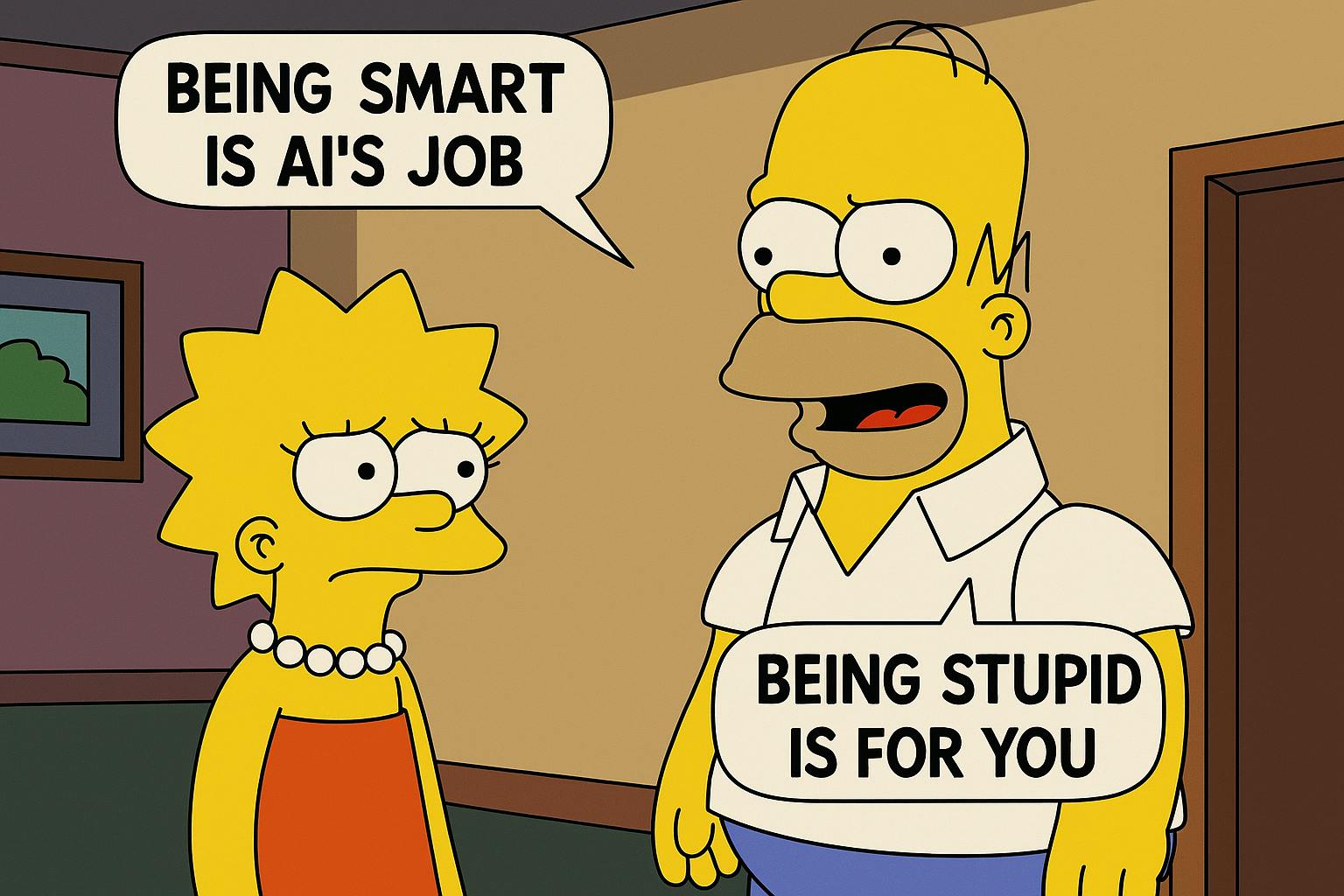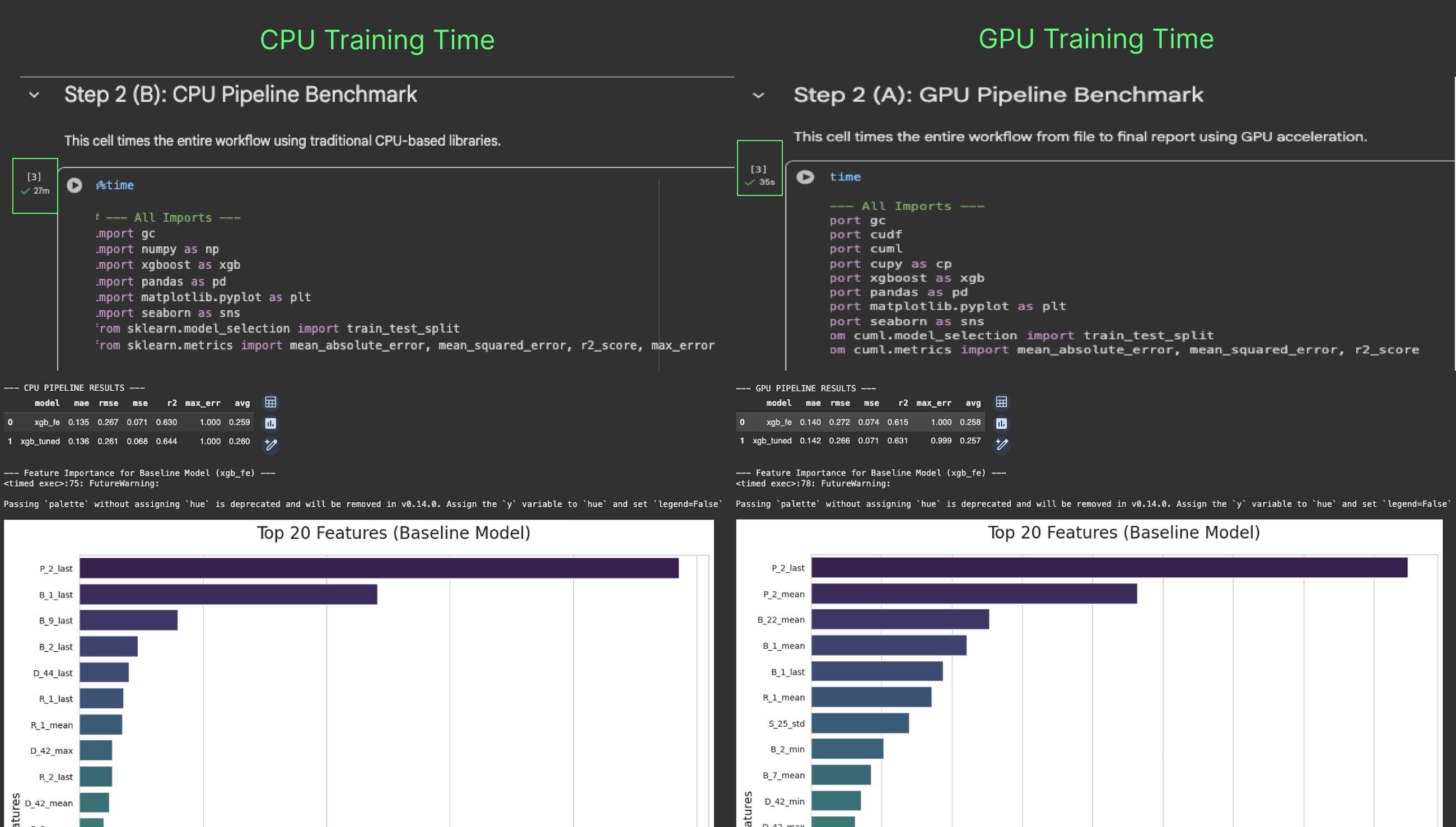This Looks Like AI
How often have you heard that lately — as a casual remark, a passive-aggressive nudge, or, increasingly, an unsolicited little slap in the face? It’s the modern equivalent of calling someone ‘too well-groomed to be trustworthy.’ One dash, one coherent sentence, and boom — you’re no longer a writer, you’re a suspect. Congratulations. You’ve officially written too well to be considered human.
I got that line — ‘This looks like AI’ — the day after I published a piece I’d laboured over for nearly a week. Not AI-labour, mind you. The real kind. Three separate sittings. Two nights of caffeine-induced insomnia. One full existential spiral where I questioned every career decision I’ve ever made. The usual ritual of write-delete-rewrite-delete-restore. The kind of process that only humans put themselves through voluntarily.
And what gave me away? Not the topic. Not the structure. Not even a suspiciously large word count. No — it was a dash!!! A grammatically correct, rhythmically satisfying, totally innocent em dash. That’s the digital age’s scarlet letter now. A dash means you’re hiding something. A dash means you’ve been… prompting.
Honestly, if it weren’t so tragic, I’d frame the comment and hang it in my writing cave. We spent years being told to write better. ‘Tighten your arguments.’ ‘Find your voice.’ ‘Don’t waffle.’ ‘Be sharp, but don’t sound like corporate mush’ And now, we’re being side-eyed for following the rules. As if clarity is suspicious. As if tone is manipulative. As if you can’t possibly be articulate unless you’ve outsourced your personality to a language model.
When I wrote AI Essential: How Algorithms Are Changing Our Daily Lives, I tried to map out some of these ethical weirdnesses. I expected people to wrestle with big questions — jobs, bias, identity. I genuinely didn’t expect to spend part of my career explaining to strangers on the internet that punctuation isn’t a confession of algorithmic guilt. That using an em dash doesn’t mean I’ve been whispering to ChatGPT at 3 am in some back alley of prompt engineering. And no — I’m not about to launch into a masterclass on the difference between a hyphen and an em dash. They’re not the same. They never were. That long, elegant line? It’s not a signature of artificial intelligence. It’s a sign that someone — quite possibly a real, living human — knows how to write. And we’ve been doing that, believe it or not, long before OpenAI fine-tuned anything.
But here we are.
Welcome to 2025 — where writing well is starting to look like a confession.
The Erosion of Trust: When Intelligence Sounds Inauthentic
The irony is almost too perfect, isn’t it?
For years, we begged people to write better online. ‘Stop sounding like a template.’ ‘Don’t be boring.’ ‘Please, for the love of language, stop using words like ‘synergy’ unironically.’ We cheered for personality. We demanded clarity. We high-fived anyone who could land a punchy sentence without sounding like a LinkedIn robot.
And then — just as we started making progress — along came the machines. Machines that could write with rhythm, with tone, with just enough soul to pass for something you might’ve written after your second coffee but before the burnout kicked in.
And now? Now, when someone writes clearly, we flinch. If a paragraph flows too well, if a sentence lands too precisely, if a thought unfolds with any sense of structure… it must be AI. We squint at elegant syntax like it’s a forged signature. Heaven forbid you use a semicolon. That’s practically a confession.
Somewhere along the way, we flipped the table. It’s no longer ‘write like a human’ — it’s ‘write like a human who’s just a little bit confused.’ There’s even a name for this cultural malfunction — credibility inversion. Sounds smart, right? The better you sound, the more likely people are to assume you cheated. Welcome to the golden age of accidental fraudulence.
And here’s where it stops being funny. In the real world — the one with CVs and pitch decks and thought leadership panels — writing isn’t just a communication tool. It’s proof of competence. It’s part of how we’re judged. And if clean is now considered suspicious… then what, exactly, are the rest of us supposed to do?
Start misspelling words to reclaim our humanity?
Sprinkle in the occasional ‘um’ to sound more organic?
It’s not just writers who are caught in this. Founders. Strategists. Brand consultants. Digital creators. Anyone who dares to sound confident in a sentence now risks being side-eyed for having ‘too clean a tone.’ And let’s be honest: the worst part isn’t the accusation — it’s the doubt that follows. Because suddenly you’re wondering if maybe they’re right. Maybe you did sound too polished. Maybe next time you should try sounding… a little more mediocre. Just in case.
The Branding Crisis: When Personal Voice Stops Being Believable
I’ve spent the better part of my career helping people — and brands — find their voice. You know, that elusive thing we call tone. The rhythm in how you argue a point. The timing of your sarcasm. The difference between ‘Yes, fine.’ and ‘Fine — yes.’ That little edge that makes a sentence feel like you, not like it was pulled from a style guide or copied from someone else’s About page.
In the analogue world, we called that personality. Online, we called it branding. Now? We call it ‘suspiciously fluent.’
Because here’s the plot twist no one warned us about: the more refined your voice becomes, the more people assume you’ve outsourced it to a bot. That clarity you worked years to build? That sharpness, that structure? That’s just what the algorithm sounds like now. Congratulations — you’ve achieved the tone of an emotionally stable transformer.
What we’re dealing with is the new plagiarism, not the old-school Ctrl+C kind, but something weirder. You’re not being accused of stealing someone else’s work — you’re being accused of letting AI think for you. It’s brilliant, really. Sound smart? Must be ChatGPT. Sounds too relaxed? Amateur. Try something original? Well, AI can do that now, too. Good luck.
I’ve seen people retract their posts just because someone commented, ‘This doesn’t sound like you.’ As if voice were a static thing, frozen in 2017 and never allowed to evolve. As if you’re not allowed to be articulate without it raising a red flag.
And the worst bit? People are adapting. Tailoring their writing to sound ‘more human,’ which now apparently means: unsure, inconsistent, and mildly clumsy. Not because they are, but because it’s the only way to convince readers they didn’t use a tool.
Think about that. We’ve built a culture where clarity equals suspicion. Where the more effort you put into expressing yourself — fully, unapologetically — the more people assume it wasn’t you at all.
So what do we do? Start misspelling our names? Leave in broken grammar as proof of humanity? Type like we’re texting under the table during a meeting?
It’s not just a writing problem — it’s an identity problem. Because if your best work no longer sounds like you…
What does that make you sound like?
Whose Voice Is It Anyway? Identity, AI, and the Fight to Stay Credible
There was a time — and not even that long ago — when sounding intelligent, insightful, or just vaguely like you’d read a book at some point in your life was an advantage. It opened doors. It built trust. It suggested you might, occasionally, have something worth listening to. But those days are gone. Now, machines can sound clever too. They can write op-eds, win poetry contests, craft the perfect apology email — all without having a single opinion, emotion, or ounce of skin in the game.
Which brings us to the current cultural moment: the one where we no longer question what was written, but who has the right to write it. If a strategist sounds too strategic, people raise an eyebrow. If a refugee writes eloquently in their second language, it’s met with quiet suspicion. If a young woman sounds too confident online, someone eventually drops the dreaded: ‘Did you write this… or did you use something?’
It’s no longer about the content. It’s about whether you’re believable as its source. And credibility? That’s no longer something you build — it’s something you have to constantly defend. Defend from systems that can fake it with ease. And from audiences so used to polished fakery, they don’t recognise the real thing when it’s right in front of them.
I’ve lived this more times than I’d care to admit. One moment it’s, ‘You write beautifully.’ The next, ‘Well, yeah, but you’ve got ChatGPT, right?’ As if using a tool invalidates the thinking behind the sentence. As if articulation is no longer a human skill but a service you subscribe to. As if writing a paragraph without robotic help is now a performance art.
And what’s being questioned isn’t just your method — it’s your mind. Your capacity to form thoughts. Your ownership over expression. Your right to say, ‘I made this.’ The doubt doesn’t stop at the sentence — it sinks into the person behind it.
When I wrote my book, I didn’t realise just how personal this shift would feel. I thought we’d lose trust in media, in filters, in deepfakes. I didn’t expect we’d start looking at actual, living human creators — writers, designers, thinkers — and think: this is too good to be real.
And here we are. Reading every paragraph sideways. Listening to voice notes and asking if they’re real. Watching everything that’s been crafted with care and wondering: was this made… or generated?
So now, we’re stuck with a quietly devastating question — the kind that doesn’t make good TED Talk slogans or LinkedIn think pieces:
If your voice can be mimicked, dismissed, and algorithmically repackaged — is it still yours?
And if the world no longer believes you’re the author of your thoughts…
Who do they think you are?
Why Writing Still Matters — Even When No One Believes You
Maybe that’s the part no one warns you about during a technological revolution. It’s not just the algorithms that change — it’s your relationship with your voice. You start second-guessing yourself. You hesitate before publishing something that sounds too finished, too rhythmic, too… suspiciously well-formed. You scan your paragraphs like a forensic linguist. You don’t just ask ‘Is this clear?’ — you ask ‘Is this too clear?’
But here’s what I’ve realised — slowly, with gritted teeth and the occasional dark laugh. The point of writing was never to prove we’re slightly clumsier than a chatbot. It wasn’t to tone ourselves down into lowercase authenticity, or to apologise for having a decent grasp of syntax. It was to say something that meant something.
To put thought into language in a way that resonates not because it’s flawless, but because it’s felt. Because it has rhythm. Because it carries the fingerprints of a human life — flawed, sharp, tired, honest. A sentence that sticks not because a model generated it, but because a human meant it.
So no, I’m not writing to prove I’m not a machine. I’m writing because I am not a machine. And because somewhere, someone is reading this and thinking: finally — this sounds like me. Maybe that’s the only test we have left: not whether something could have been generated, but whether it feels like it could have only come from you.
So go ahead — use dashes, semicolons, full stops. Be precise. Be sharp. Be articulate. And when someone squints at your sentence and says, ‘This looks like AI…’ just smile — and say: ‘No. This looks like me.’
And next time you’re tempted to replace that long em dash with a safe little hyphen — ask yourself: are you writing for comfort, or truth? Because maybe, just maybe, that suspicious-looking dash isn’t the sign of AI. Maybe it’s a sign of you.














